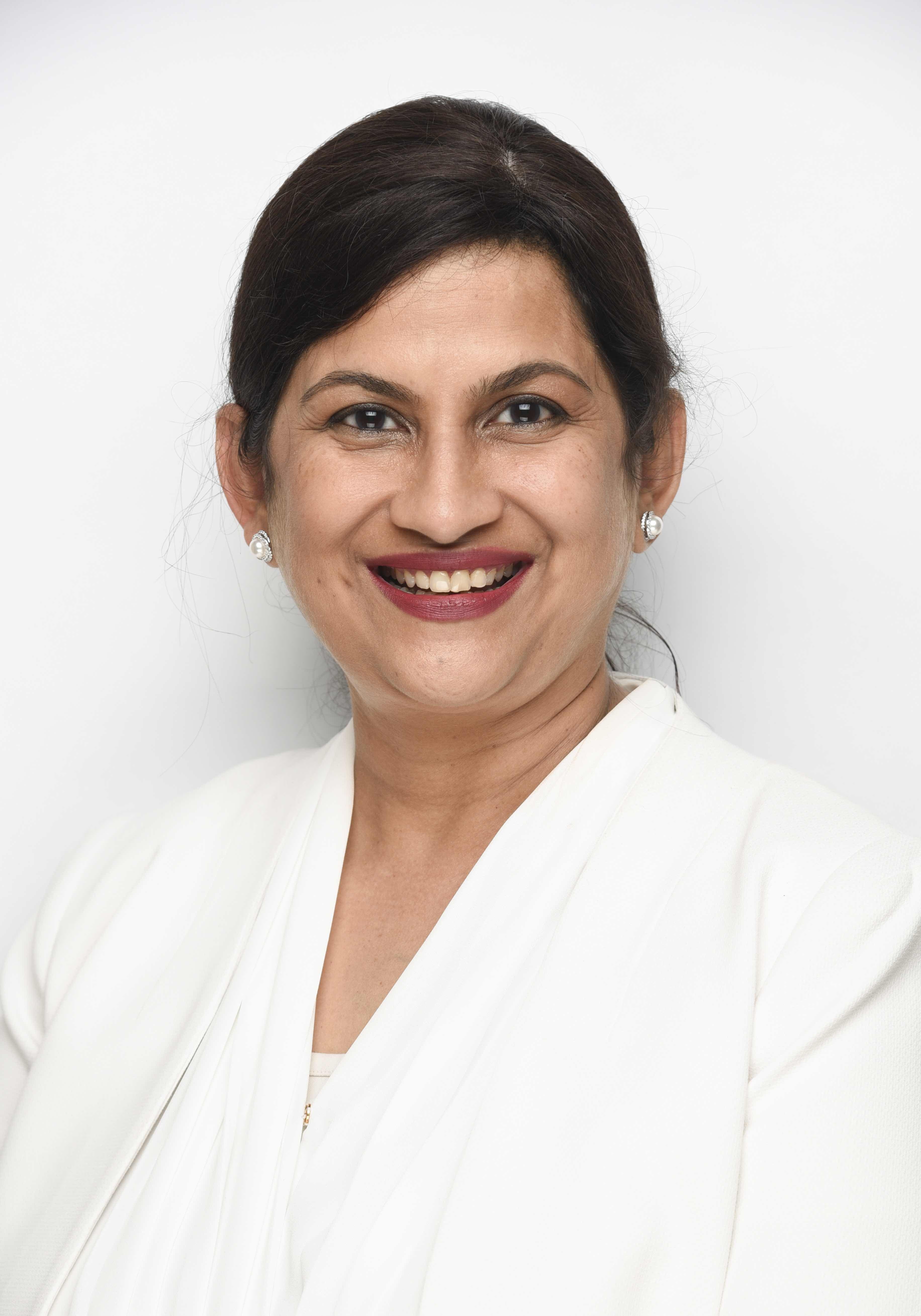Understanding Gagné’s model of giftedness, including definitions and the significance of schools in providing a suitable learning environment
![]()
Following on from our reasoning about the purpose of gifted education, the next logical step is to have a sound understanding of Gagné’s model of giftedness and the definitions of giftedness and talents, as expected by the UAE Ministry of Education (UAE School Inspection Framework 2015).
François Gagné was a French-Canadian psychologist who proposed giftedness as the ownership of spontaneous and untrained natural abilities by a learner in at least one domain, to the extent that the student could be placed in the top 10% of similar age peers. Additionally, the concept of talent was described as the outstanding mastery of methodically advanced abilities along with knowledge in any sphere of learner activity which places them in the topmost 10% of their peers (Gagné, 1998). To extend this further, giftedness is the natural abilities present within the learner that can be nurtured by providing suitable learning environments. Schools can be instrumental in providing these appropriate learning environments. A good home-school partnership would be ideal for supporting a learner with gifts to develop into a talented student and demonstrate their potential. For example, a student may have exceptional mathematical abilities, but only with relevant challenges within the school and/or home environment would the learner develop into a talented mathematician. The following definitions have been used in the UAE School Inspection Framework (2015):
Giftedness refers to ‘a student who is in possession of untrained and spontaneously-expressed exceptional natural ability in one or more domain of human ability’ (UAE Ministry of Education 2015, pg. 119).
Talented refers to ‘a student who has been able to transform their “giftedness” into exceptional performance’ (UAE Ministry of Education 2015, pg. 119).
With a good grasp of the concepts of giftedness and talent, we will continue this journey by understanding gifted education programming standards in my next blog.
About the Author
 Dr Neha Sharma
Dr Neha Sharma
Head of Quest (Inclusion) and Student Achievement, Senior Leader, Dwight School Dubai
Dr Sharma has been living in the UAE for 25 years and has witnessed inclusion evolve tremendously during this period. Before joining Dwight School, she has previously held the senior leadership position as Head of Inclusion at an International IB Curriculum School and the position of Head of Inclusion at one of the most prestigious government schools following the UK curriculum in Dubai.
Dr Sharma graduated from the University of Bombay with a B.E (hons) in Engineering before obtaining a Masters in Inclusive and Special Education from the University of Birmingham (British University in Dubai campus). This unusual journey was inspired by her daughter, a person of determination. Following her passion for inclusion, she will be completing her PhD in Gifted Education from British University in Dubai soon. Her passion includes setting up an exemplary Gifted Education Program at Dwight School.
Dr Sharma was rated as an ‘Exceptional’ Head of Inclusion by KHDA during their inspections in 2018. Under her leadership, the inclusion department won the 2nd best SEND team in the UAE award by Education Journal Middle East Awards in 2017. She is the recipient of the prestigious Prof. Indira Parikh Award for Women in Education Leaders organized by the World Education Congress in India in 2018. Dr Sharma presented her research proposal at the UAE Graduate Students Research Conference in 2019. She has also completed the CPT3A qualification and is a licensed assessor with the British Psychological Society
Lexicon Reading Center also offers Psycho-Educational Diagnostic Assessments. Learn more here or, to receive our advice based on your self-assessment, please download our free checklist below: